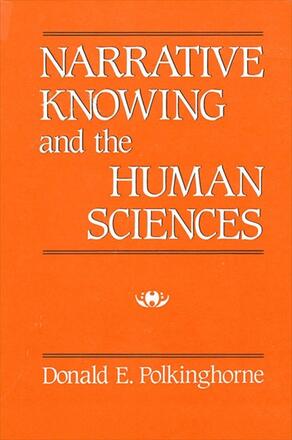
Narrative Knowing and the Human Sciences
Alternative formats available from:
Description
This book expands the concept of the nature of science and provides a practical research alternative for those who work with people and organizations.
Using literary criticism, philosophy, and history, as well as recent developments in the cognitive and social sciences, Narrative Knowing and the Human Sciences shows how to use research information organized by the narrative form—such information as clinical life histories, organizational case studies, biographic material, corporate cultural designs, and literary products. The relationship between the narrative format and classical and statistical and experimental designs is clarified and made explicit. Suggestions for doing research are given as well as criteria for judging the accuracy and quality of narrative research results.
Donald E. Polkinghorne is Emeritus Professor and Chair of Counseling Psychology at the Rossier School of Education at the University of Southern California. He is the author of Methodology for the Human Sciences: Systems of Inquiry and Practice and the Human Sciences: The Case for a Judgment-Based Practice of Care, both also published by SUNY Press.
Reviews
"This book speaks to a raging controversy that has significance for a variety of fields. I know of no other book that is so integrative and clarifying of what the issues are and how they arose. " — Seymour Sarason, Yale University